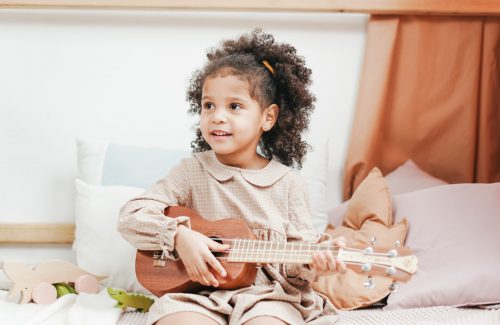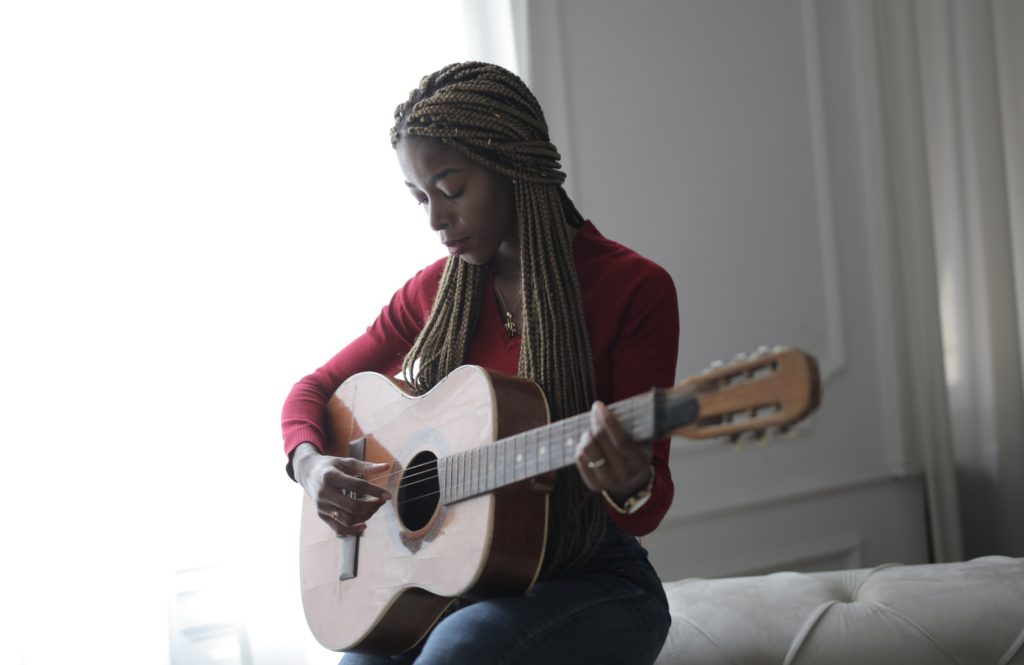RiverSong Music Therapy
~Serving Alaskans since 2021~
We Serve:
Seniors
Our practice uses evidence-based methods to improve the quality of life for older adults, in both individual and group settings. This includes those experiencing physical and mental decline, such as with dementia, Alzheimer's, and other related diagnoses.
Infants, Toddlers, and Preschool Aged Children
Music therapy can provide a wonderful playing field for young children to work on developmental skills, such as hand-eye coordination, impulse control, language and literacy skills, and so much more. This takes place in a safe creative environment where the child can practice self-regulation and emotional stability.
Adults
Adults of all wellness levels have the potential to address their social, emotional, physical, cognitive, and creative goals in rich musical experiences. We work with adults of all abilities, including those with developmental delays, brain injuries, and mental health struggles, as well as those looking to try a new approach to therapy. Sessions are designed to support every client in a safe, creative space.
Exploration. Community. Healing.
Benefits of Music Therapy Services

For Seniors:
- Memory recall while singing a familiar song
- Physical activity with musically coordinated movements, seated or standing
- Communicating with peers in a lyric discussion or group improvisation
- Creating a sense of community with music-based games
- Addressing pain management with music-guided relaxation
- Supporting mental health needs related to depression and anxiety through songwriting or listening to familiar songs

For Young Children:
- Gross and fine motor development with finger play and dancing
- Impulse control with directed musical instruction
- Interest exploration with instrument play
- Education-based learning with pre-literacy skills, identifying colors, animals, etc
- Social skills practice with instrument sharing, singing to each other, learning names, etc.

For Adults:
- Sharing and discussing familiar music
- Songwriting to explore mental and emotional processes in a creative outlet
- Catharsis through improvisation
- Relaxation through music-assisted meditation
- Artistic time such as drawing or painting supported by musical experiences
- Boosting self-esteem and confidence with recording projects
- Performances for friends, family, or the public to share aspects of self
